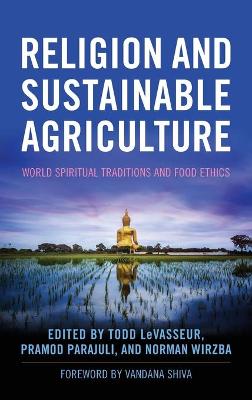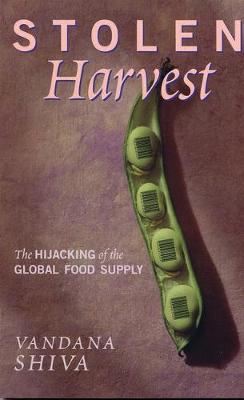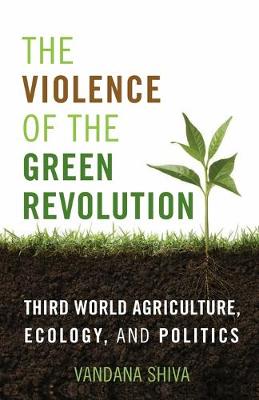Culture of the Land
3 total works
Distinct practices of eating are at the heart of many of the world's faith traditions -- from the Christian Eucharist to Muslim customs of fasting during Ramadan to the vegetarianism and asceticism practiced by some followers of Hinduism and Buddhism. What we eat, how we eat, and whom we eat with can express our core values and religious devotion more clearly than verbal piety. In this wide-ranging collection, eminent scholars, theologians, activists, and lay farmers illuminate how religious beliefs influence and are influenced by the values and practices of sustainable agriculture. Together, they analyze a multitude of agricultural practices for their contributions to healthy, ethical living and environmental justice. Throughout, the contributors address current critical issues, including global trade agreements, indigenous rights to land and seed, and the effects of postcolonialism on farming and industry. Covering indigenous, Buddhist, Hindu, Christian, Muslim, and Jewish perspectives, this groundbreaking volume makes a significant contribution to the study of ethics and agriculture.
Examining the position of women in relation to nature - the forests, the food chain and water supplies - the author links the violaation of nature with the violation and marginalization of women in the Third World. One reult is that the impact of science, technology and politics, along with the workings of the economy itself, are inherently exploitative. Every area of human activity marginalizes and burdens both women and nature.
There is only one path, Vandana Shiva suggests, to survival and liberation for nature, women and men, and that is the ecological path of harmony, sustainability and diversity. She explores the unique place of women in the environment of India in particular, both as its saviours and as victims of maldevelopment.
Her analysis is an innovative statement of the challenge that women in ecology movements are creating and she shows how their efforts constitute a non-violent and humanly inclusive alternative to the dominant paradigm of contemporary scientific and development thought.
There is only one path, Vandana Shiva suggests, to survival and liberation for nature, women and men, and that is the ecological path of harmony, sustainability and diversity. She explores the unique place of women in the environment of India in particular, both as its saviours and as victims of maldevelopment.
Her analysis is an innovative statement of the challenge that women in ecology movements are creating and she shows how their efforts constitute a non-violent and humanly inclusive alternative to the dominant paradigm of contemporary scientific and development thought.
The Green Revolution has been heralded as a political and technological achievement -- unprecedented in human history. Yet in the decades that have followed it, this supposedly nonviolent revolution has left lands ravaged by violence and ecological scarcity. A dedicated empiricist, Vandana Shiva takes a magnifying glass to the effects of the Green Revolution in India, examining the devastating effects of monoculture and commercial agriculture and revealing the nuanced relationship between ecological destruction and poverty. In this classic work, the influential activist and scholar also looks to the future as she examines new developments in gene technology.


